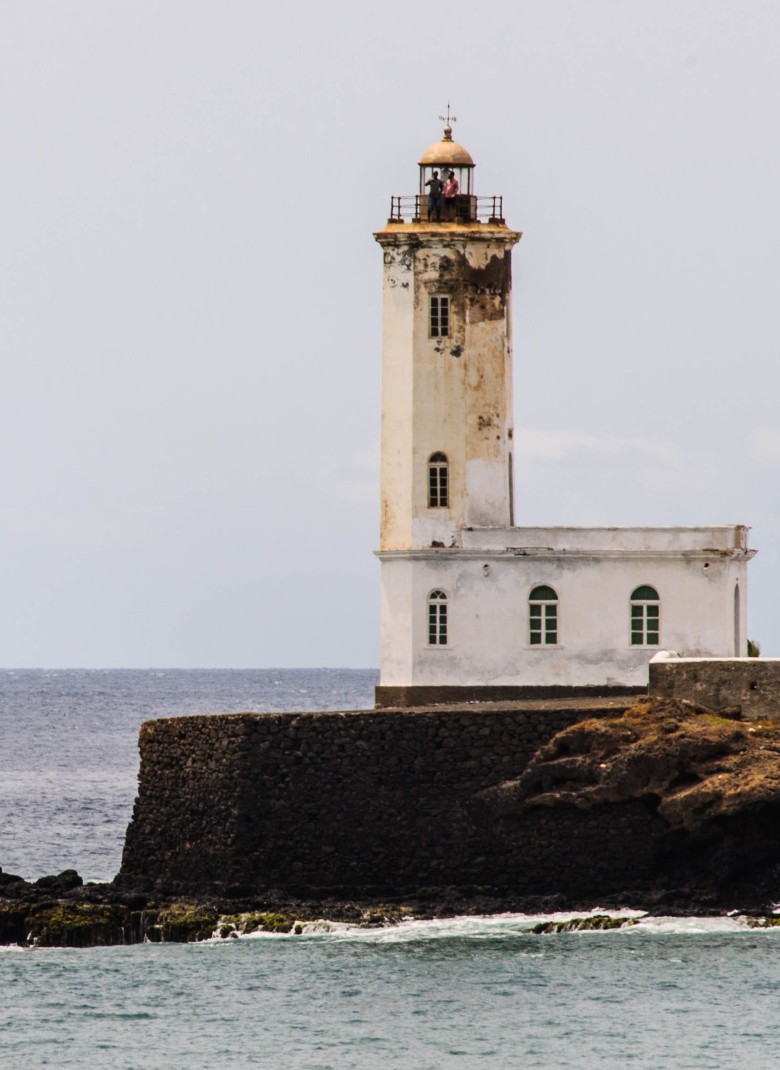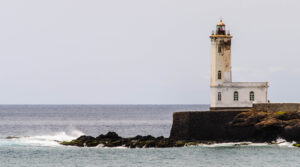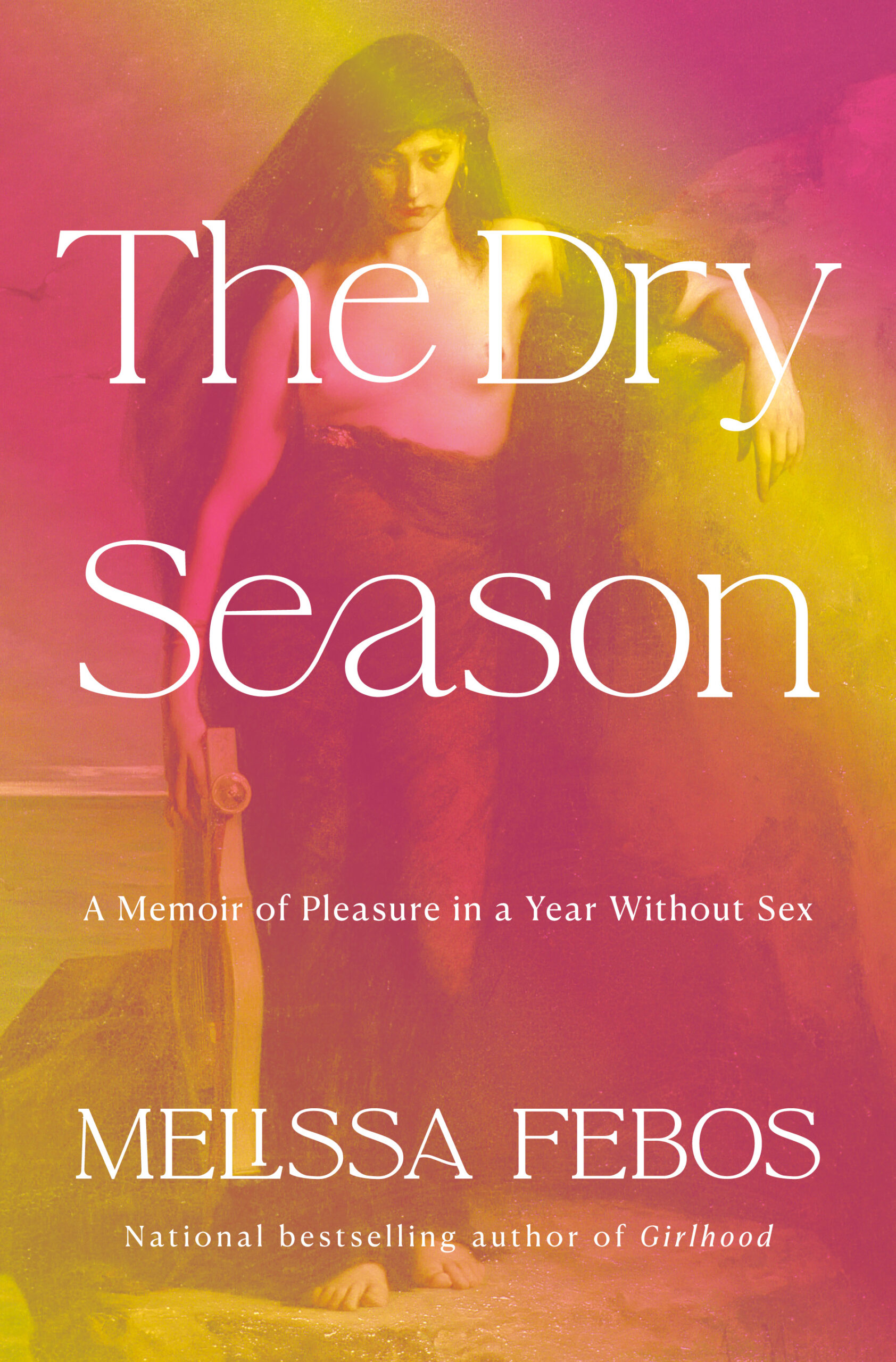With JOAQUIM ARENA, translated by JETHRO SOUTAR
Joaquim Arena was born in Cape Verde in 1964 and emigrated with his family to Portugal aged 5. He went on to study law and work as a journalist and musician in Lisbon. He is currently the Culture and Communications Advisor to the President of Cape Verde. He has written two novels (The Truth About Chindo Luz and Where Turtles Fly), one novella (A Lighthouse in the Desert) and a hybrid work that mixes biography, fiction, travel writing and history: Debaixo da Nossa Pele – Uma.
Name: Joaquim Arena
City: Praia, Cape Verde Islands
How long have you lived here: Almost four years
Three words to describe the climate: Dry and Sahelian
Best time to visit: October to December, after the rains
The most striking physical features of this city/town are. . .
Praia’s most striking feature is its historical neighborhood, called the Plateau—a small tableland of colonial architecture houses, public buildings, parks and gardens, overlooking a bay (the Baía de Santa Maria). This was where the city was first built, a city that would go on to become the capital of the island (the Island of Santiago) and, from 1770, of the whole Cape Verde archipelago (ten islands).
Common jobs and industries and the effect on the town/city’s personality. . .
The main economic activities are trade and tourism. There is some pharmaceutical manufacturing, but the country’s economy is a service one.
The stereotype of the people who live here and what this stereotype misses. . .
Praia has a very young and heterogeneous population, with a large community of college students. People from every island in the archipelago come to live in the city, making it a sort of mirror to the whole country. The young could do with a better command of foreign languages to access more international information, but there’s a good cultural scene in terms of music, visual art, etc.
Local or regional food. . .
The national dish is called cachupa and is made from corn, beans, pork or chicken meat, manioc and sweet potato. But we eat a lot of fish too, from local waters, as well as shellfish such as lobster. On the more rural islands, cuscuz is typical, a sort of corn cake with sugarcane honey and goats cheese.
Local political debates frequently seem to center on:
At present, political debate revolves around Covid-19, housing, economic development, investment and regionalization—giving more power to local authorities and town halls to make each island more self-sufficient in terms of administrative decision-making.
Photo by Flickr Creative Commons User Caroline Granycome.





